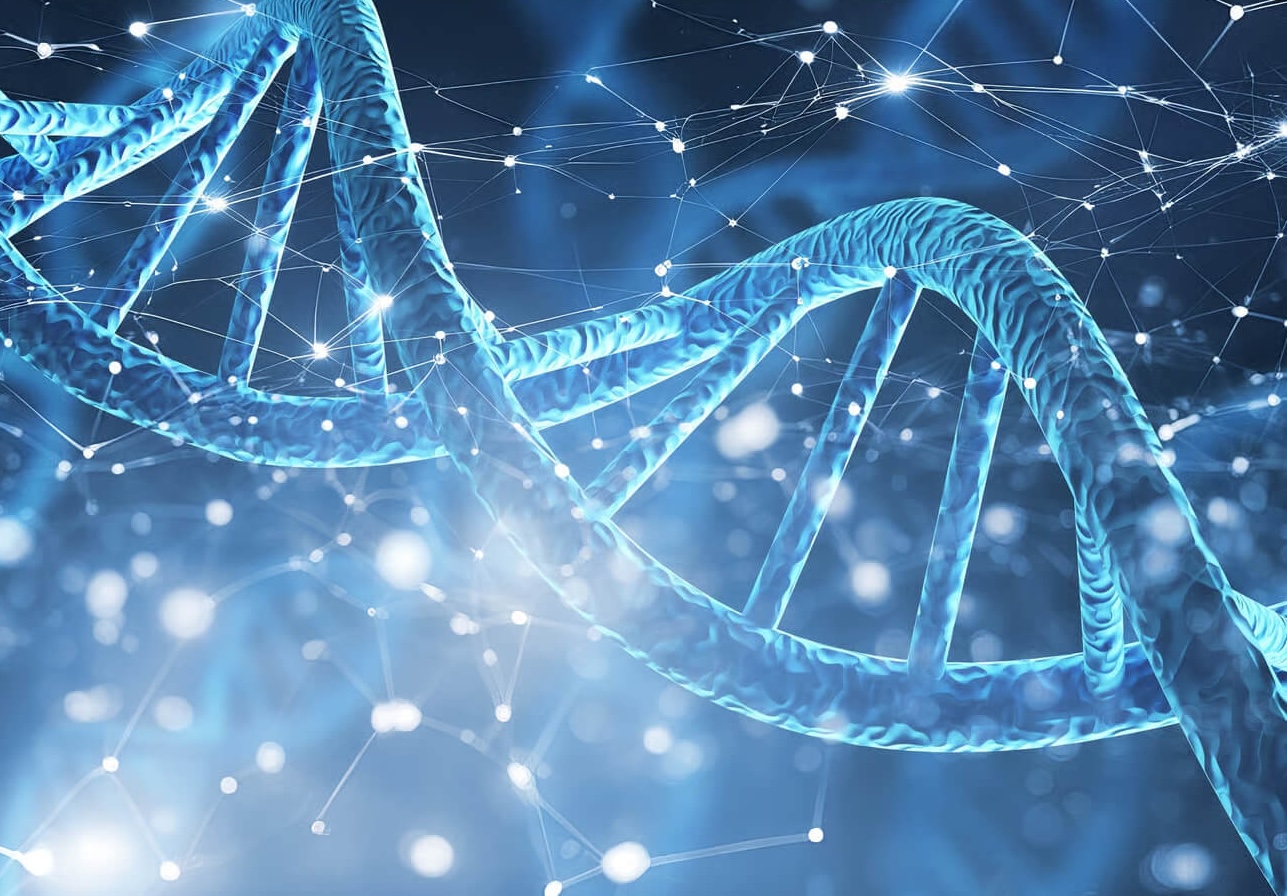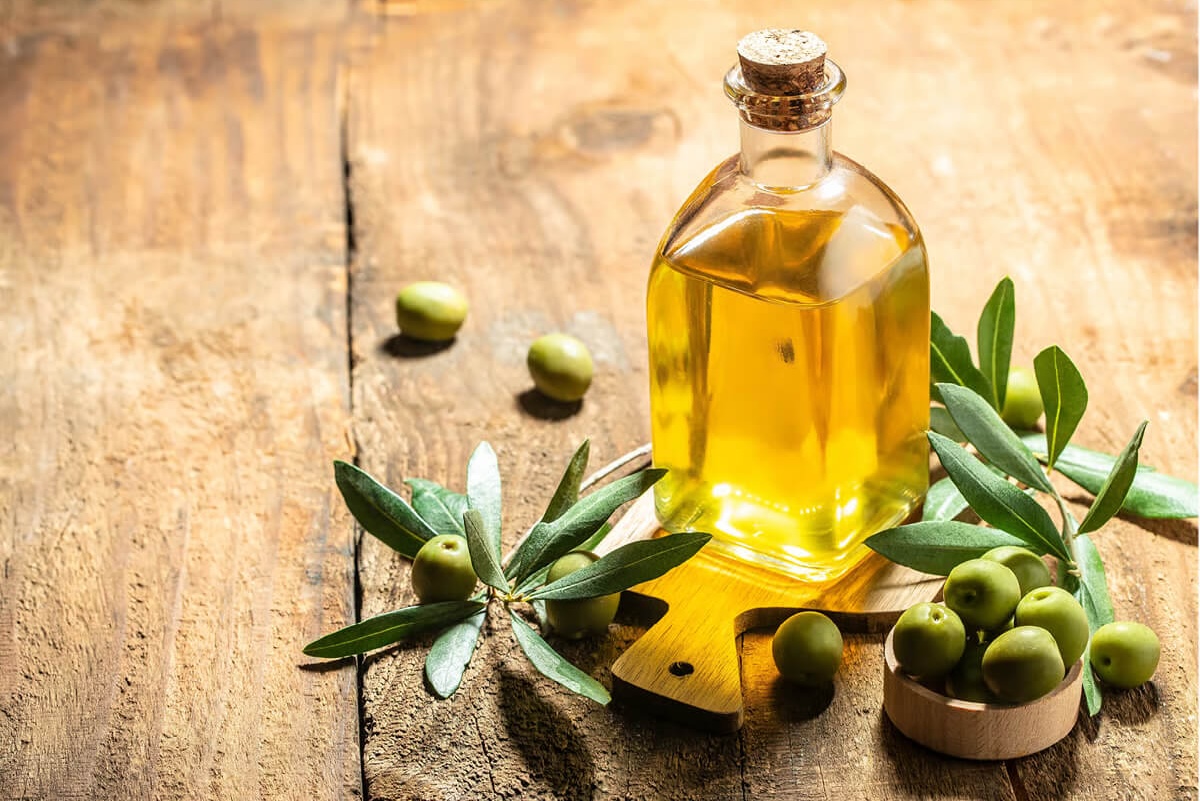Is Vitamin K2 Right For You?
Vitamin K2 guides calcium to bones instead of arteries, showing promise for bone and heart health but with mixed evidence.

In 1929, Danish scientist Henrik Dam fed chickens a fat-free diet and noticed something alarming: the birds were bleeding because their blood wouldn’t clot. This discovery earned Dam a Nobel Prize and introduced the world to Vitamin K, the vitamin we associate with blood clotting today.
But that’s only half the story. Dam had uncovered vitamin K1 (phylloquinone), but vitamin K2 (menaquinones) would later emerge as a potential game-changer for bone and cardiovascular health.
96 years after Dam’s discovery, researchers are now asking: Does K2 deliver? Let me take you through the science.
What Vitamin K2 Does
The short answer: Vitamin K2 tells calcium where to go.
The long answer? Vitamin K2 activates two key proteins that manage calcium in the body: osteocalcin, which helps bind calcium to bones and teeth, and matrix Gla protein (MGP), which prevents calcium from depositing in blood vessels. K2 shuttles calcium into bones and teeth (where you want it) and keeps it out of arteries and soft tissues (where you don’t).
“What food has Vitamin K2?” K2 isn’t in your typical grocery store produce aisle. Instead, it hides in fermented foods and animal products:
- Natto: This Japanese fermented soybean dish contains more than 100 times the amount found in other sources.
- Hard Cheeses: Gouda, Brie, and other aged varieties.
- Egg Yolks and Dairy: Eggs from pasture-raised chickens and dairy from grass-fed cows.
- Organ Meats: Liver, heart, spleen, etc.
What Does The Science Say?
That K2 may:
- Reduce Fractures: A meta-analysis found that K2 increased bone density and reduced fractures by 60-81% in Japanese studies.
- Protect Arteries: The Rotterdam Study found that people with the highest K2 intake had 52% less arterial calcium buildup and 57% lower risk of dying from heart disease compared to those with the lowest intake.
There’s also research suggesting K2 could help strengthen bones. A 2022 analysis involving over 6,400 postmenopausal women found that K2 supplements improved bone mineralization and strength.
But here’s the thing: A 2023 review found mixed results in recent trials. This brings us to one of vitamin K2's biggest cons: there isn’t enough data to prove cause and effect yet.
There are a few more cons:
- Supplement Quality: The supplement world is like the Wild West. K2 products aren’t regulated like medications, so quality may vary.
- Interactions: Vitamin K (including K2) can clash with anticoagulant medications like warfarin.
- Cost: High-quality K2 supplements aren’t exactly wallet-friendly.
Bottom Line
So, would I hand you a bottle of vitamin K2 if I were your doctor? It depends. If you’re a woman over 50 who is concerned about their bone health, it deserves a spot on your radar. But if you’re on blood thinners? Likely not, as it may interfere with your medication.
As always, the best course of action is a balanced diet and exercise. And give natto a try if you haven’t already. The slimy texture isn’t for everyone, but its health benefits definitely are.


